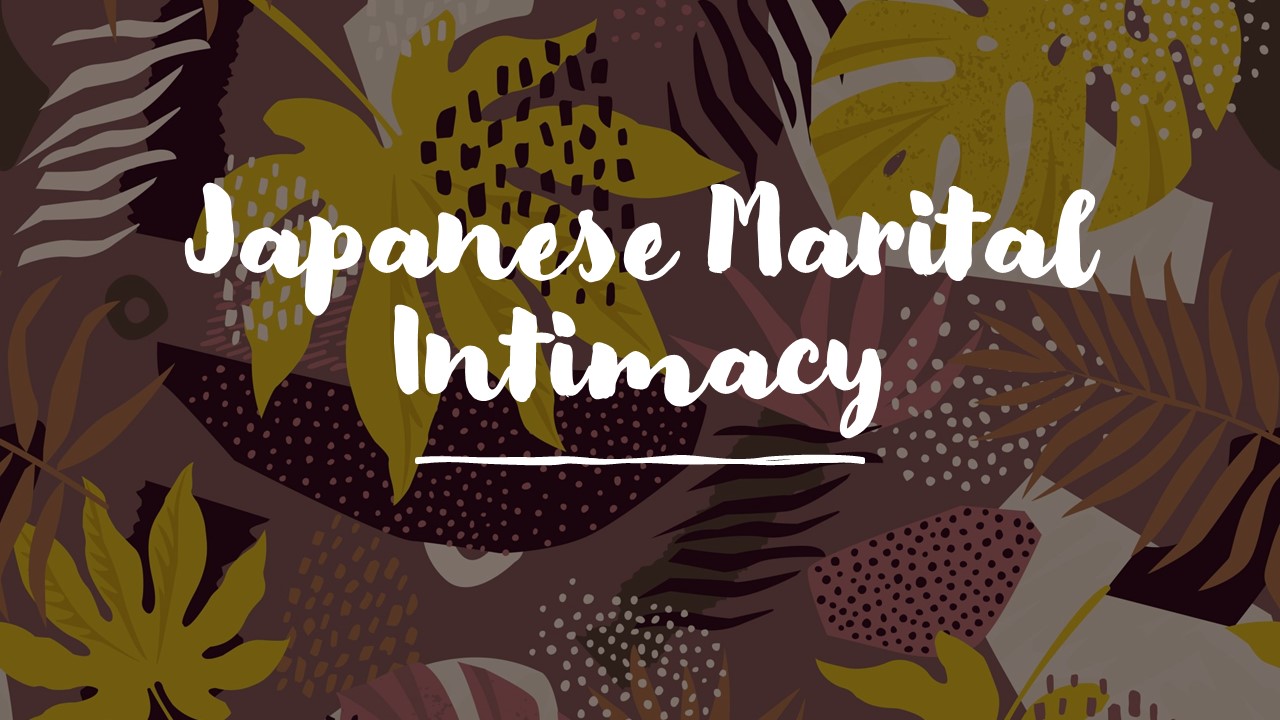I noted in another article, “The Japanese Dating Culture of “Tsukiau” Relationships“, that men and women enjoy the tsukiau relationship to explore the freedom of intimate emotional and sexual relations. They do not feel any pressure or expectation to marry. Yet their relationship could lead to marriage.
What Is Japanese “miai”?
The tradition of “miai” (or, with the Japanese honorific prefix o- “omiai”) is a Japanese custom of relationship transition to marriage. It is similar to matchmaking in other cultures. This tradition has been modified in the context of modern Japanese lifestyles. After kokohaku (“confession”), a man and a woman enter a new chapter of their relationship development, which ultimately evolves into miai. An introduction to the parents follows, and marriage is seriously considered.
Some may see the process of “Omiai” as akin to arranged marriages. Sometimes, there is an outsider’s general assumption that arranged marriages are culturally normative in Japan. However, it is largely not the case nowadays. The real arranged marriages happen in Japan now quite rarely (probably less than in the 10-20% cases), mostly in rural areas, and substantially less in modern times (Relationships and Sexuality in Modern Japan. Last updated in 2011).
These days, many more marriages are formed out of mutual love for one another. Once the Omiai begins, actual dating means less than before. Successful “Omiai” implies that the man and woman go on a series of dates that result in a decision about whether they decide to marry or not.
- If they decide to marry, they go through a formal marriage process called “miai kekkon.” The groom’s family typically arranges miai kekkon.
- If they decide not to marry, they each go their separate ways.
Public and Private Sides of Japanese Intimacy
In Japanese culture, public displays of affection for a loved one—such as holding hands, kissing, hugging, or any intimate physical contact—are considered impolite, rude, or shameful. Many times, one would never guess that partners are actually a married couple. Publicly, Japanese tend to pretend that they are not in love.
This is why kissing is uncommon in Japanese films. Many people condemn kissing in public places. The majority of men would never kiss a woman in public. But if they would, they would feel embarrassed.
Any form of intimacy should be kept in private areas. In the home, children commonly say that they have never seen their parents kiss or express affection in any way.
It should be noted, however, that modern men and women of a young generation, especially in the larger cities, are slowly changing these old customs of public displays of affection.
Problems with Marital Intimacy in Japanese Culture
In general, traditional Japanese culture places a low value on psychological intimacy in marriage. Therefore, sharing one’s intimate self in companionship with one’s spouse has been less common (e.g., DeVos, 1985; Roland, 1988).
Even among many middle-class Japanese couples, psychological intimacy in marriage is still uncommon. There are two contextual factors that impede the formation of intimate relationships in marriage (Roland, 1988).
The men’s intimate psychological needs have usually been fulfilled in the circle of other men in the workplace. The intimacy of their friendship outside of work is uncommon among Japanese men.
The women’s intimacy needs have been satisfied in their friendships with other women and their relationships with their children. Because men generally spend long hours at work and then have rituals of lengthy socializing after work, it is difficult for women to create closeness in their marriage relationships.
